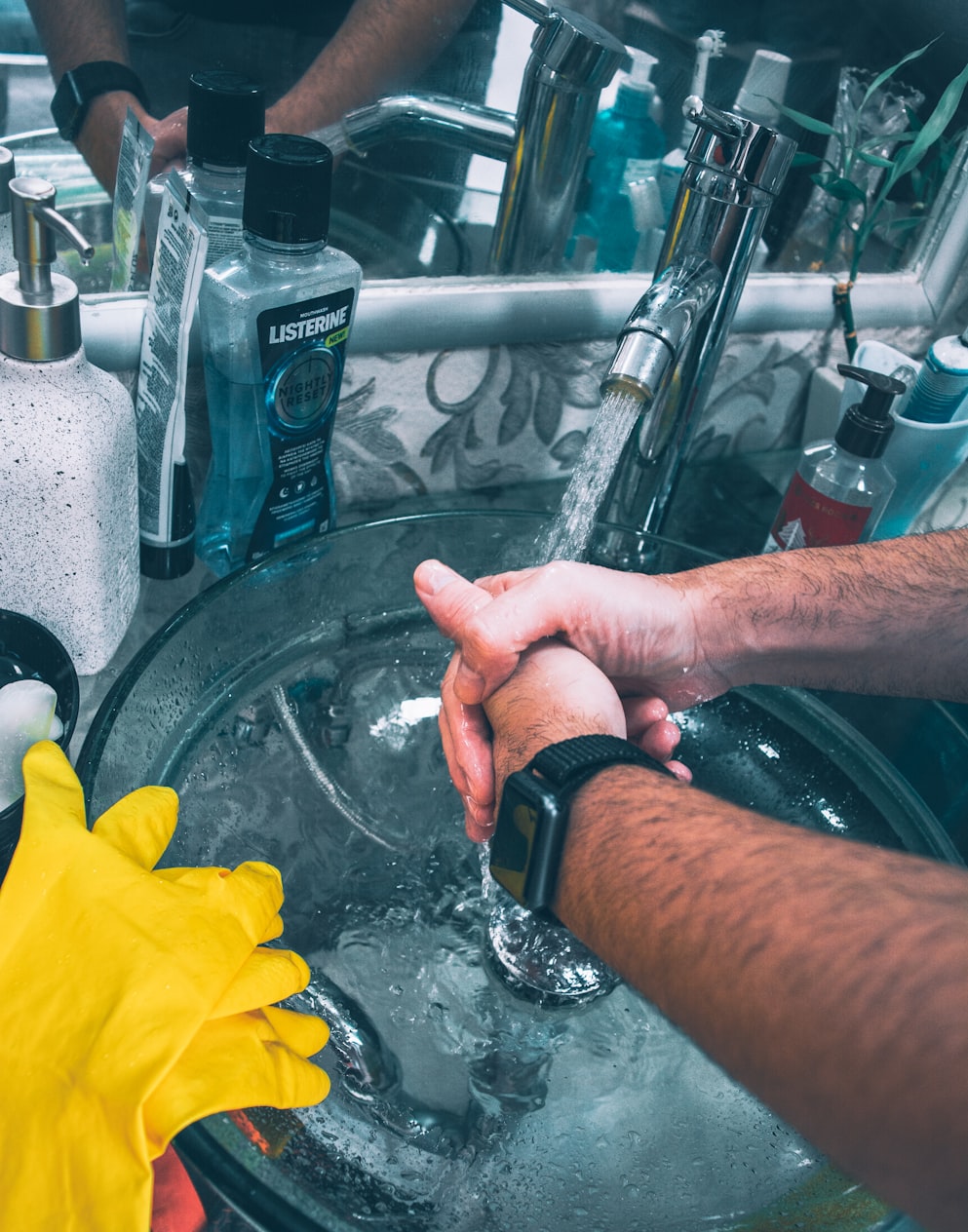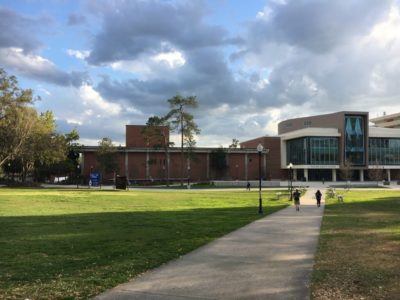As of late, news and updates concerning the coronavirus have dominated the news.
Each day brings about new statistics and information about the spread of the coronavirus.

Locally, University of Florida (UF) students had their spring break during Feb. 29th until March 9. During this spring break, countless students traveled by bus, train, car, boat and plane. Many cases of the virus specifically in the U.S. are linked to travel and person-to-person spreading. In spite of this, many students still traveled across the country and to other continents. On March 6th an email addressed to UF students, faculty and staff from Dr. Ronald L. Berry, director, UF Student Health Care Center and Dr. Charles E. Lane, senior vice president and chief operating officer, covered concerns about the coronavirus on campus.
The email starts, “As Spring Break concludes and classes resume next week at the University of Florida, UF officials want you to know what is being done to prepare in light of the ongoing COVID-19 situation.” The email also states, “Effective immediately, no one who has been to China, Japan, South Korea, Italy or Iran within the past 14 days will be permitted on the UF campus. This applies to students, faculty, staff and visitors, with the exception of anyone seeking or receiving medical treatment at UF Health or UF Health Jacksonville.”
PREPARATIONS

In preparation, UF installed additional hand sanitizer dispensers throughout campus, the distribution of the Trushot restroom disinfectant and cleaner to the custodial workforce, the purchase of extra supplies of hydrogen peroxide for general disinfection purposes and for use on transit buses and lastly the purchase of the Clorox Total 360 electrostatic disinfectant spray system, to be used in the event of a reported COVID-19 case on campus. This system disinfects the front, sides and backs of surfaces.
“As we’ve seen from recent countries with community spread, when it has hit those countries, it has moved quite rapidly. We want to make sure the American public is prepared,” Nancy Messonnier, director of CDC’s National Center for Immunization and Respiratory Diseases, told reporters. It is important for students to understand the potential severity of the spreading of the coronavirus and to take the appropriate precautions.
Midway into March, news concerning the coronavirus and the spread of it throughout the United States only worsened. As a result, UF proceeded to take precautions by scheduling all classes online for the remainder of the semester. Dr. Kent Fuchs, president of UF, stated in an email that, “I am writing to let you know that in response to Gov. Ron DeSantis’ announcement that four University of Florida students have tested positive for COVID-19 and at the governor’s recommendation, all UF classes will remain online for the remainder of the Spring semester.”
Furthermore, an email sent out to UF students from Provost Joe Glover and Vice President D’Andra Mull, stated, “We want you students to know that we are offering a full suite of courses for Summer A, B, and C. Summer A/C courses will be provided online so you can continue to make progress even in the current circumstances.”
UF STUDENTS NOW

As this rate, daily norms are changing rapidly UF students, professors, staff and families must adjust and re-adjust to new protocols, rules and norms. “I am highly inconvenienced because my learning environment affects my productivity,” said Angelica Zeas, a UF freshman. “My motivation is at an all-time low. I am taking pre-med classes that are difficult enough. I am also taking a language class which I also believe is more efficient in person, so this semester is rough.”
While some students are mildly inconvenienced others are highly inconvenienced and are concerned about financial situations. “While I am a PACE student, this also affects the activities and sports I am involved in,” UF freshman Sydney Dotson said. “However, I understand the gravity of the situation and I think if UF takes some steps to give students refunds on things like dorms and meal plans then moving classes online is definitely the right decision.”
Online communication between students and professors has become essential to surviving the transition from physical classes to online classes. “Just in this week alone, I am having to struggle with moving out of my scholarship house here in Gainesville while studying for two exams that will drastically impact my course grades, on top of the assignments for three additional courses,” said Abigail Kratochvil, a freshman at UF. “I firmly believe that professors need to take into account the strain and stress students are experiencing during this time. As such, they should proceed generously considering grades as many students, myself included, registered for physical classes for a variety of valid reasons.”
Throughout this pandemic, a variety of sacrifices have been made by UF students and professors alike. In the meantime, UF will strive to continue to develop its online experience easier for everyone.



















